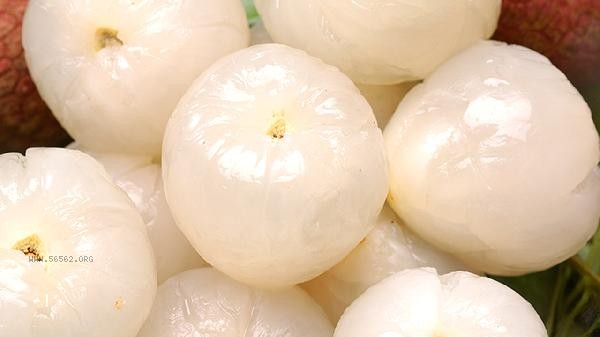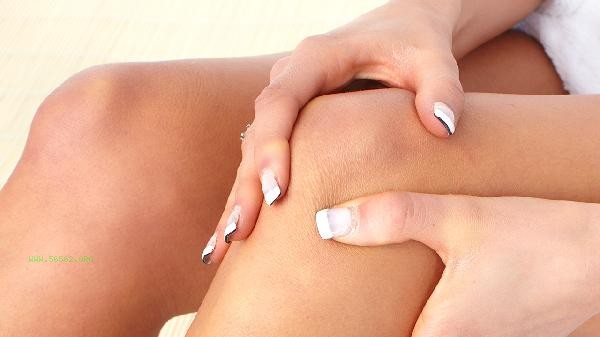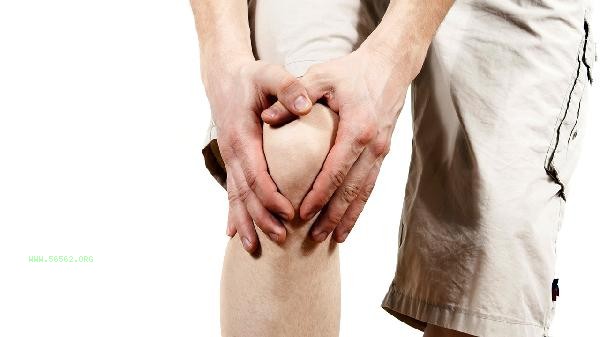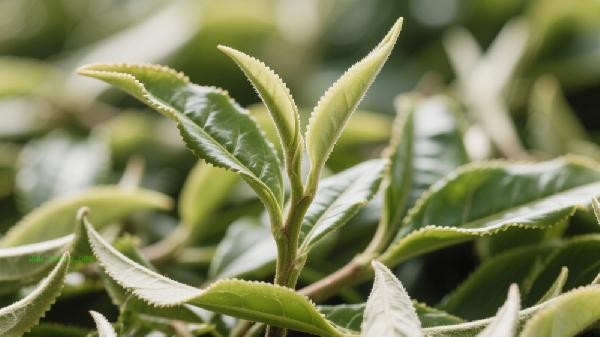Litchi generally does not have a clear antagonistic reaction with common foods, but it is necessary to avoid excessive consumption with high sugar foods, high protein foods, alcoholic beverages, warm foods, and some drugs. Litchi has a high sugar content, and when paired with specific foods, it may increase gastrointestinal burden or affect nutrient absorption.

Litchi and high sugar foods such as honey and desserts may lead to a rapid rise in blood sugar, especially in patients with diabetes. Lychee fruit acid may affect the digestion and absorption of high protein foods such as milk and eggs. It is recommended to consume it every hour. Alcohol may exacerbate abnormal fructose metabolism in lychee, increasing the risk of drunkenness or hypoglycemia. Avoid consuming large amounts of alcohol for two hours before and after drinking. Litchi is warm in nature, and consuming it together with warm foods such as chili and lamb can easily cause symptoms of internal heat. People with a slightly hot constitution should control their intake. Some medications, such as hypoglycemic drugs and antibiotics, may interact with lychee ingredients. During medication, it is recommended to consult [SEP]. It is suggested to consume no more than 10 lychees per day, half for children, and avoid fasting. When selecting fresh lychee, observe that the skin color is uniform and undamaged. refrigeration can delay spoilage. If you experience dizziness, nausea and other discomfort after consumption, you can drink diluted salt water to relieve it and seek medical attention in a timely manner. Special populations such as pregnant women and individuals with abnormal blood sugar levels should control their intake under the guidance of a nutritionist and consume a balanced diet with cool fruits such as apples and cucumbers.









Comments (0)
Leave a Comment
No comments yet
Be the first to share your thoughts!